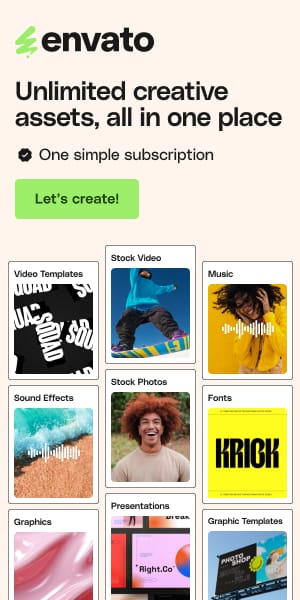Top Figma Animation Plugins for Stunning UI and Prototyping
In the dynamic world of UI/UX design, Figma has emerged as a powerful tool that revolutionizes how designers collaborate and create. With its user-friendly interface and robust features, Figma stands out as a favorite among designers. One of the key aspects that can elevate your design from good to stunning is the use of animations. Animation not only enhances the visual appeal of your designs but also makes the user experience more engaging and intuitive.
Why Use Animation in UI Design?
Enhancing User Experience
Animations can guide users through a seamless journey, providing feedback and context as they navigate an interface. They can indicate changes, show the result of actions, and help users understand what will happen next.
Making Interfaces More Intuitive
A well-placed animation can make an interface feel more intuitive. For example, a button that slightly enlarges when hovered over indicates it’s clickable, reducing confusion.
Improving User Engagement
Animations can make an app or website more fun to use. Interactive elements that respond to user actions can create a more engaging experience, keeping users on your platform longer.
How to Choose the Right Plugin for Your Project
Factors to Consider
When choosing an animation plugin, consider factors like ease of use, compatibility with your workflow, and the complexity of animations you need. Some plugins are better suited for simple animations, while others offer more advanced capabilities.
Matching Plugin Capabilities with Project Needs
Evaluate your project’s requirements and choose a plugin that meets those needs. For example, if you need detailed control over animations, a plugin like Figmotion might be ideal. For simple interactions, Smart Animate could be sufficient.
Tips for Effective Animation in Figma
Best Practices for Creating Animations
Keep it Simple : Avoid overcomplicating animations; they should enhance, not distract. Use Easing Functions: Easing functions can make animations feel more natural.
Consistency is Key : Ensure your animations are consistent throughout your design. Common Mistakes to Avoid.
Overuse of Animations : Too many animations can overwhelm users.Ignoring Performance: Ensure your animations don’t negatively impact performance.
Lack of Purpose : Every animation should have a clear purpose and add value to the user experience.
Future of Animation in UI/UX Design
Trends to Watch
The future of animation in UI/UX design looks bright with trends like 3D animations, augmented reality, and more interactive web elements gaining traction. Staying updated with these trends can help you stay ahead in the design game.
The Evolving Role of Animation
As technology advances, the role of animation in UI/UX design will continue to grow. It will become an even more integral part of creating intuitive and engaging user experiences.
Animations can transform your designs from static to dynamic, making them more engaging and user-friendly. Figma, with its robust plugin ecosystem, offers a variety of tools to help you create stunning animations. By choosing the right plugins and following best practices, you can elevate your UI and prototyping projects to new heights.
Here is our pick of top Figma Animation Plugins to enhance your design and bring it to life. These plugins offer a range of features such as easing curves, interactive animations, and smooth transitions to help you create engaging and interactive prototypes.
See also
LottieFiles

Jitter

Figmotion

Motion

Parallax

Morph

SVG Motion

SVG Animate

Aninix

GIF Export

IconScout

SVG Animation

GiffyCanvas

Lottielab

Flipbook Animator GIF

FigmAnimator

LottieFiles for Figma Dev Mode

Shape Move

Animate it

Inima

Beatflyer







